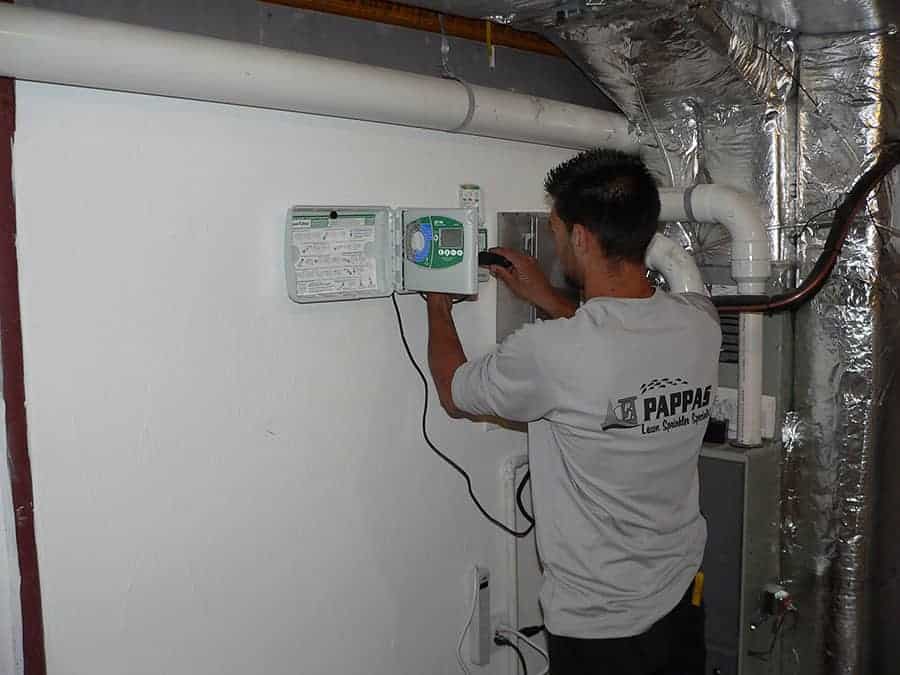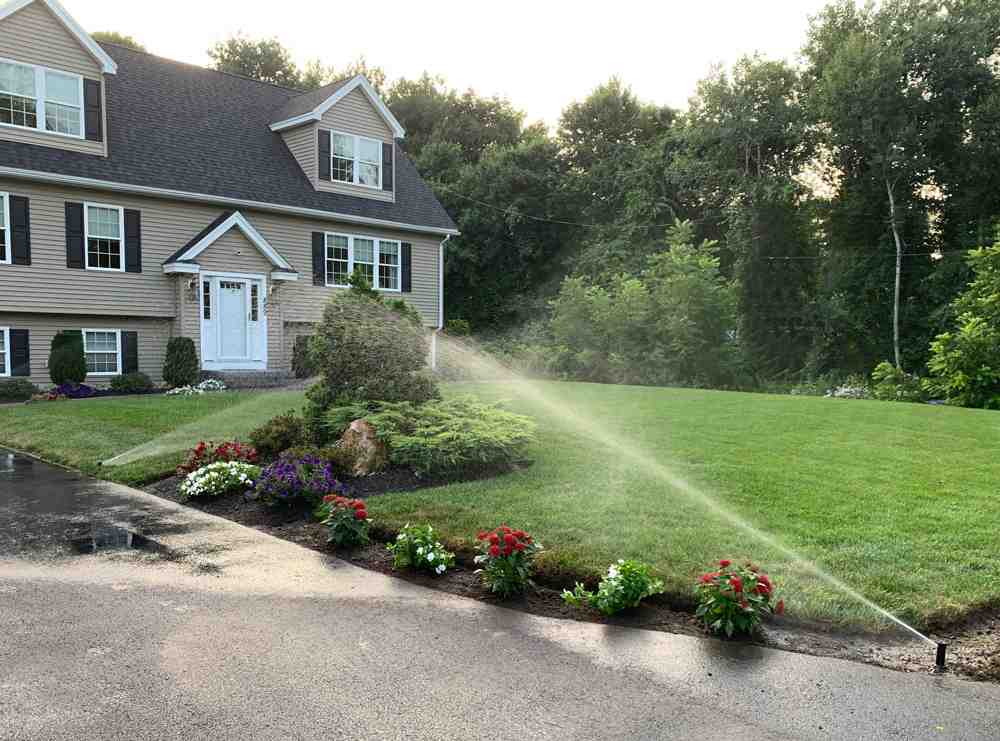July Is Smart Irrigation Month: Top 5 Amazing Benefits
Why July is Smart Irrigation Month
July Is Smart Irrigation Month is all about emphasizing the importance of using water wisely, especially as the summer heat escalates. Here’s a quick breakdown to understand its significance:
- Peak Water Use: July sees the highest water demand of the year.
- Water Conservation Awareness: Promotes efficient irrigation technologies and practices.
- Environmental Benefits: Helps preserve our precious water resources.
- Economic Advantages: Reduces water bills by avoiding waste.
During July, the emphasis is on efficient water use through smart irrigation systems, which are vital for maintaining healthy landscapes while conserving water. As temperatures soar, so does the need for more water to keep lawns, gardens, and landscapes healthy. Unfortunately, much of that water is wasted due to inefficient systems and practices.
I’m Peter Pappas, owner of P.J. Pappas Company. With over 37 years of experience in designing and installing advanced irrigation systems, I understand just how crucial July Is Smart Irrigation Month is for promoting water-saving technologies. Stay tuned to learn how we can help you achieve a greener, more efficient landscape.

What is Smart Irrigation?
How Smart Irrigation Works
Smart irrigation uses advanced technology to water plants efficiently. It relies on weather data and soil moisture data to determine the exact irrigation needs. This means your plants get just the right amount of water, no more, no less.
Weather Sensors: These sensors monitor local weather conditions. They can detect rain, temperature, and humidity. When it rains, the system automatically stops watering, saving you water and money.
Soil Sensors: These sensors measure the moisture level in the soil. If the soil is already wet, the system won’t water it. This prevents over-watering and keeps your plants healthy.
Smart Controllers: These devices act as the brain of the system. They use data from weather and soil sensors to decide when and how much to water. Some controllers even use AI and machine learning to improve efficiency over time.
Benefits of Smart Irrigation
Smart irrigation offers several benefits:
Water Savings: By watering only when needed, smart irrigation can reduce water usage by 20 to 40%. That’s a huge saving on your water bill.
Optimized Planting: With precise watering, plants receive the right amount of water at the right time. This leads to healthier plants and better growth.
Better Crop Yields: For those with gardens or farms, smart irrigation can lead to better crop yields. Plants grow better when they get the right amount of water.
Resource Utilization: Efficient water use means less waste. This helps conserve water resources, which is essential for the environment.
In summary, smart irrigation uses advanced technology to make watering efficient and effective. This not only saves water but also leads to healthier plants and better crop yields. Stay tuned to learn more about why July Is Smart Irrigation Month and how you can benefit from these technologies.
Why July is Smart Irrigation Month
History of Smart Irrigation Month
July Is Smart Irrigation Month because it is the time of year when water demand is at its highest. This is due to peak evapotranspiration, which means plants need more water to stay healthy. July is also one of the hottest months, making it the perfect time to focus on efficient water use.
The National Irrigation Association launched Smart Irrigation Month in 2005. Their goal was to raise public awareness about the importance of water-saving technologies and practices. By focusing on July, they aimed to educate people when it matters most.
Public Campaigns: Since its inception, the Irrigation Association has run numerous public campaigns to promote smart irrigation. These campaigns highlight the benefits of using technology to optimize water use. They also stress how smart irrigation can help solve today’s water challenges.
Water-Saving Technologies: Over the years, many water-saving technologies have been developed. These include weather sensors, soil moisture sensors, and smart controllers. These tools help ensure that plants get the right amount of water without waste.
In summary, Smart Irrigation Month in July focuses on the peak water demand period to educate the public and promote efficient water use. This initiative by the National Irrigation Association has been crucial in spreading awareness and encouraging the adoption of water-saving technologies.


